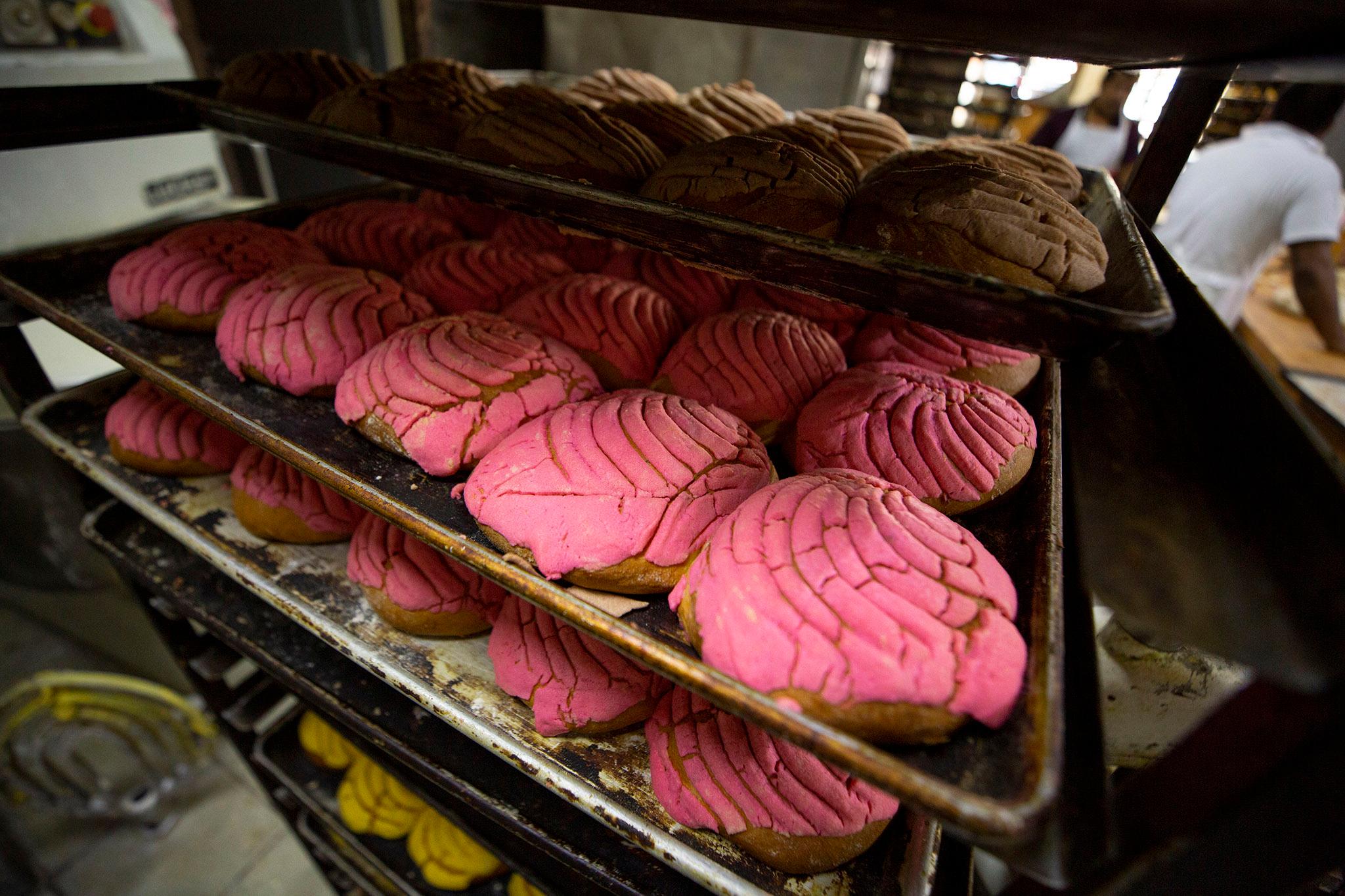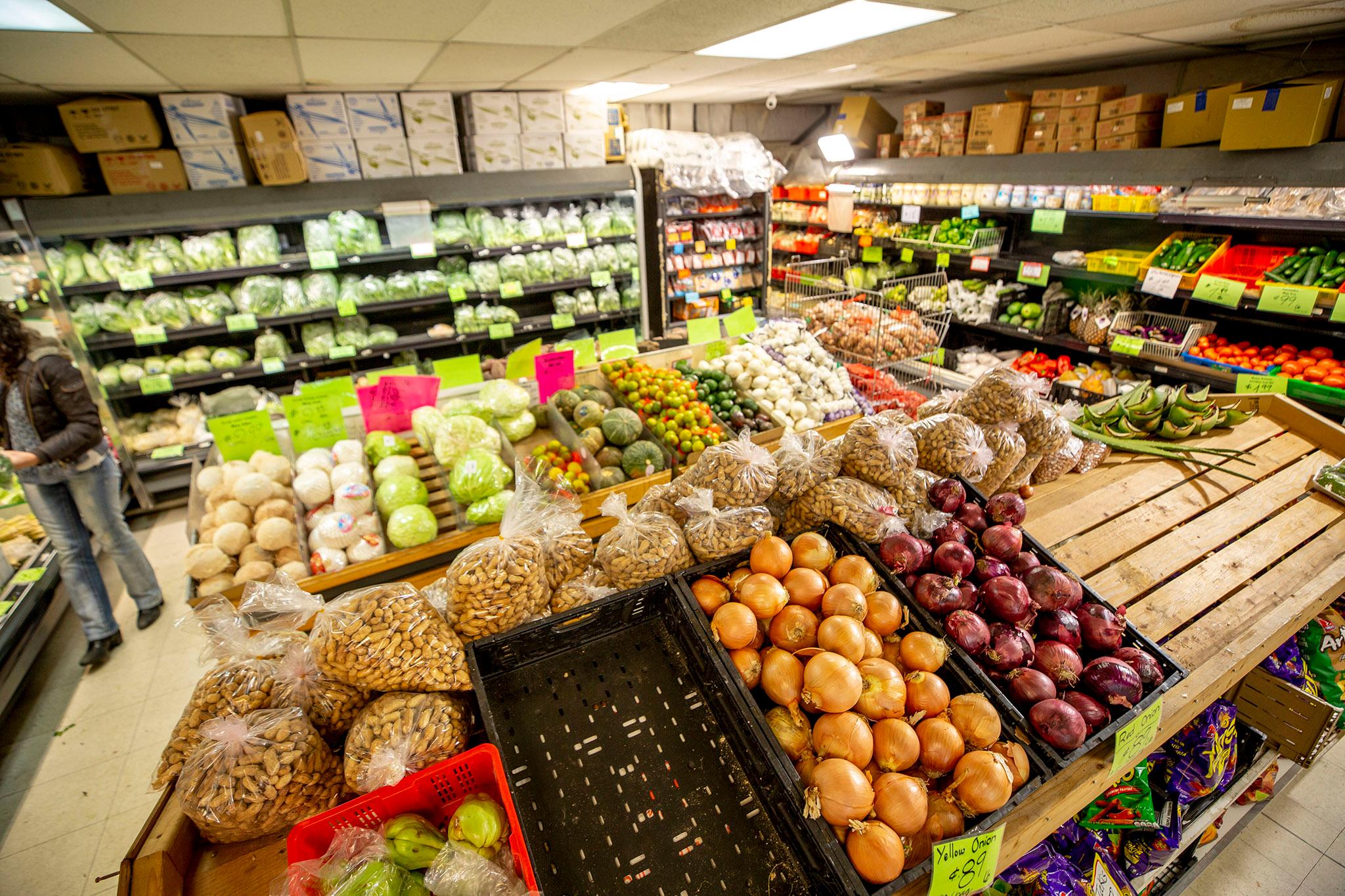Grocery shopping is becoming a feat.
Product shortages have increased in recent weeks due to supply chain issues, labor shortages and the ongoing pandemic. According to the Associated Press, about 5% to 10% of products are out of stock at grocery stores at any given time. Now that rate is about 15%.
The King Soopers strike more than likely exacerbated the issue in Denver as customers shopped elsewhere and workers weren't around to stock shelves. Add to all that the city's food deserts and some residents have to get creative about where they shop.
Out of the 438 food retailers listed by the city, more than half are considered convenience stores, at 256. Those stores include 7-11, Walgreens and Family Dollar.
So, where to shop?
Rae Furtado suggests local stores and mom-and-pop shops.
Furtado isn't a grocery store expert, but she does live in City Park West, which does not have a full-service grocery store. According to city data, the area's only grocery store options are three convenience stores.
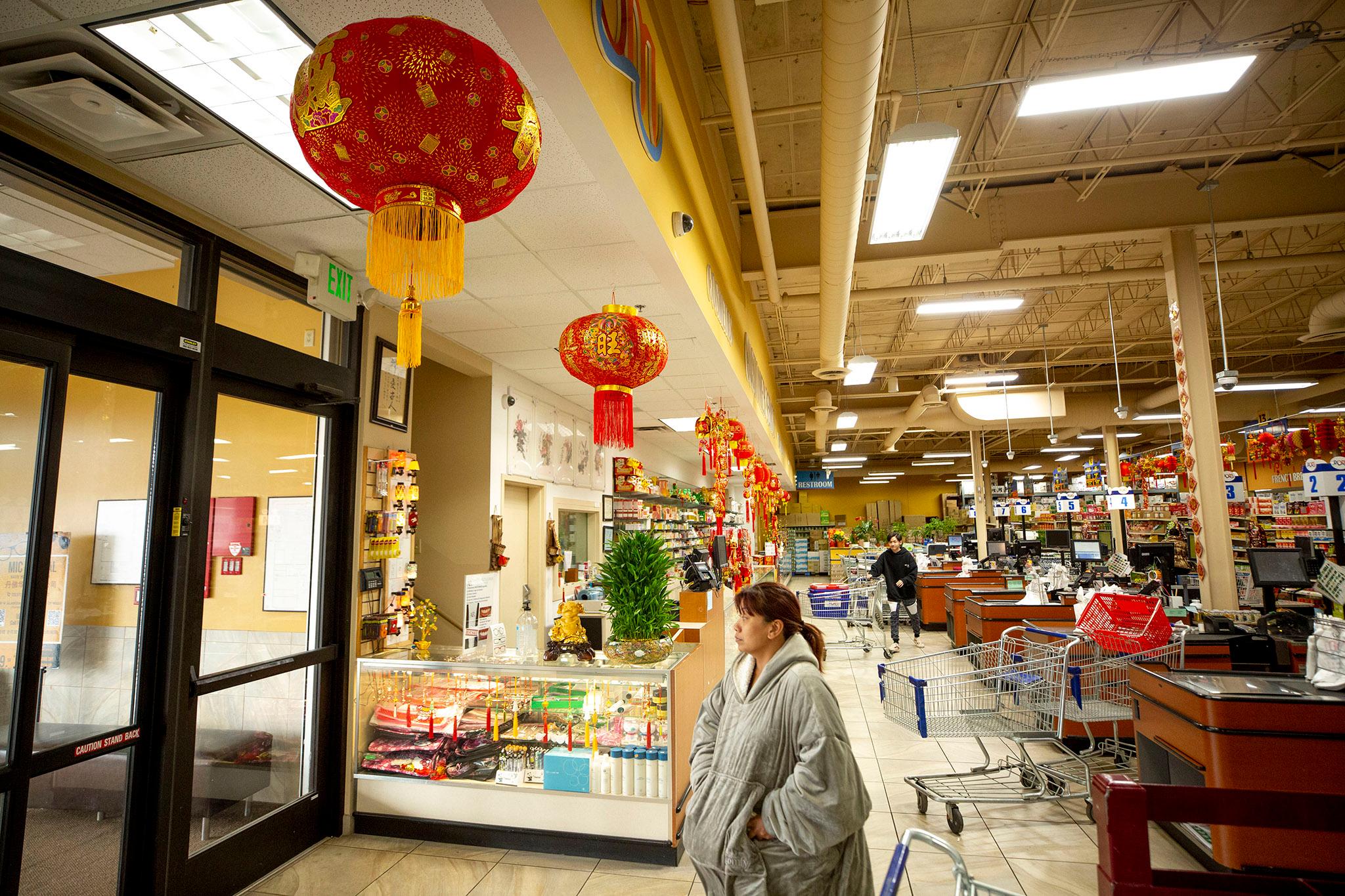
"Being so central I thought grocery stores wouldn't be an issue," Furtado said. "I don't drive. I get by using my bike, and it was surprisingly difficult to find a store."
Before living in City Park West, Furtado lived in Barnum, another area without many food retailers. According to the United States Department of Agriculture, an area is considered a food desert when at least 500 people, or 33% of the area population, lives more than one mile away from a supermarket or large grocery store.
While Furtado acknowledged that both areas, by definition, are food deserts, and that full-service grocery stores are essentially one-stop shops for food purchases, she'd rather shop at local stores anyway.
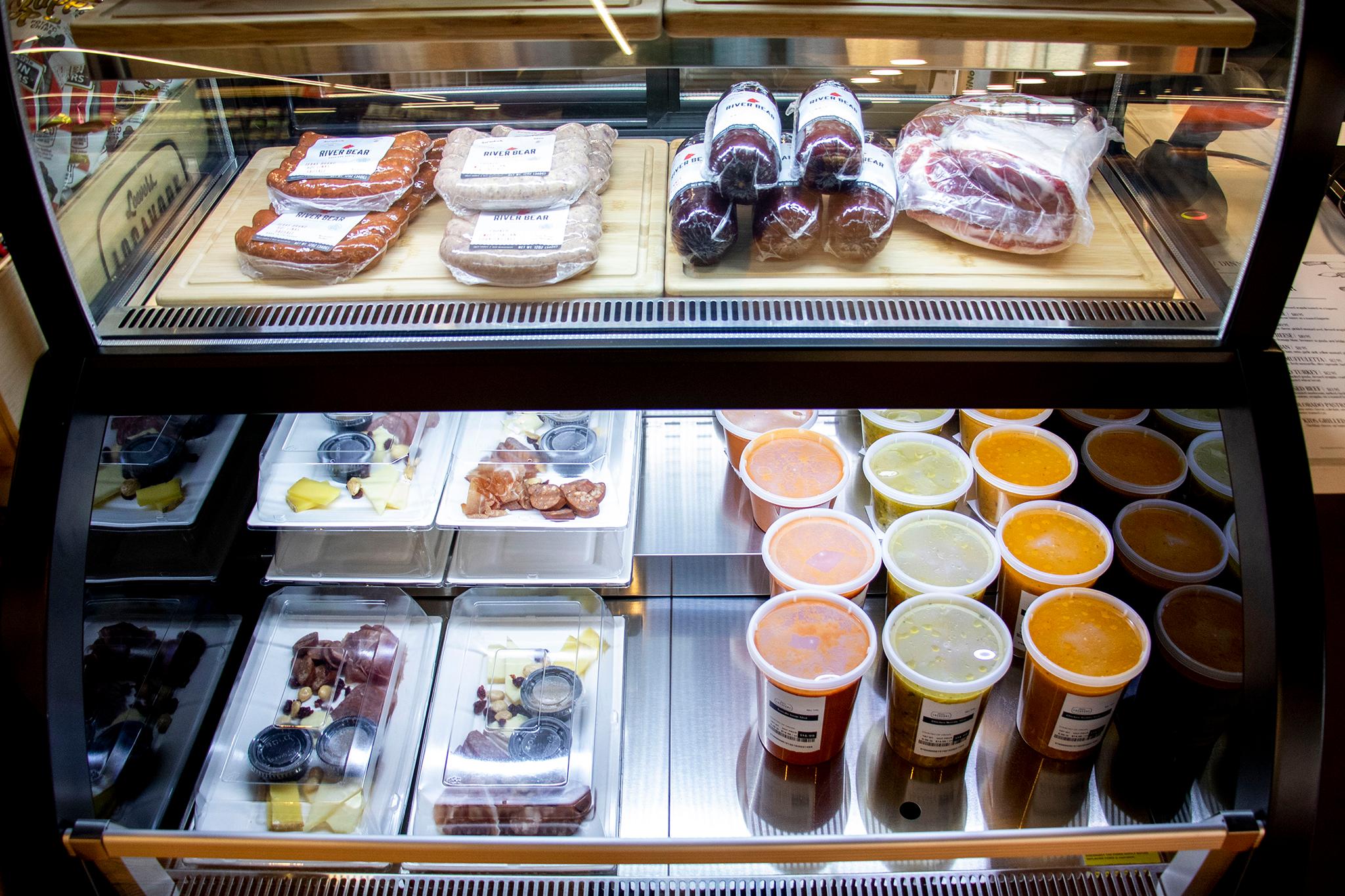
She said it's a way to support neighbors and a way to avoid the supply shortages big brands are experiencing.
"I used to shop at Safeway, and I much prefer the little shops now," Furtado said. "It's supporting local and small businesses and feeling like I'm supporting ethical practices. You don't have to get everything at one place, and it could feel good to be supporting multiple businesses. And because these places are specialty stores, they are much more likely to have things in stock. I haven't seen a shortage in those stores."
Several new small markets have opened in recent months to fill food desert voids. Decatur Fresh opened in Sun Valley, Melody Market is set to open in Five Points and Sun Market, Furtado's favorite in City Park West.
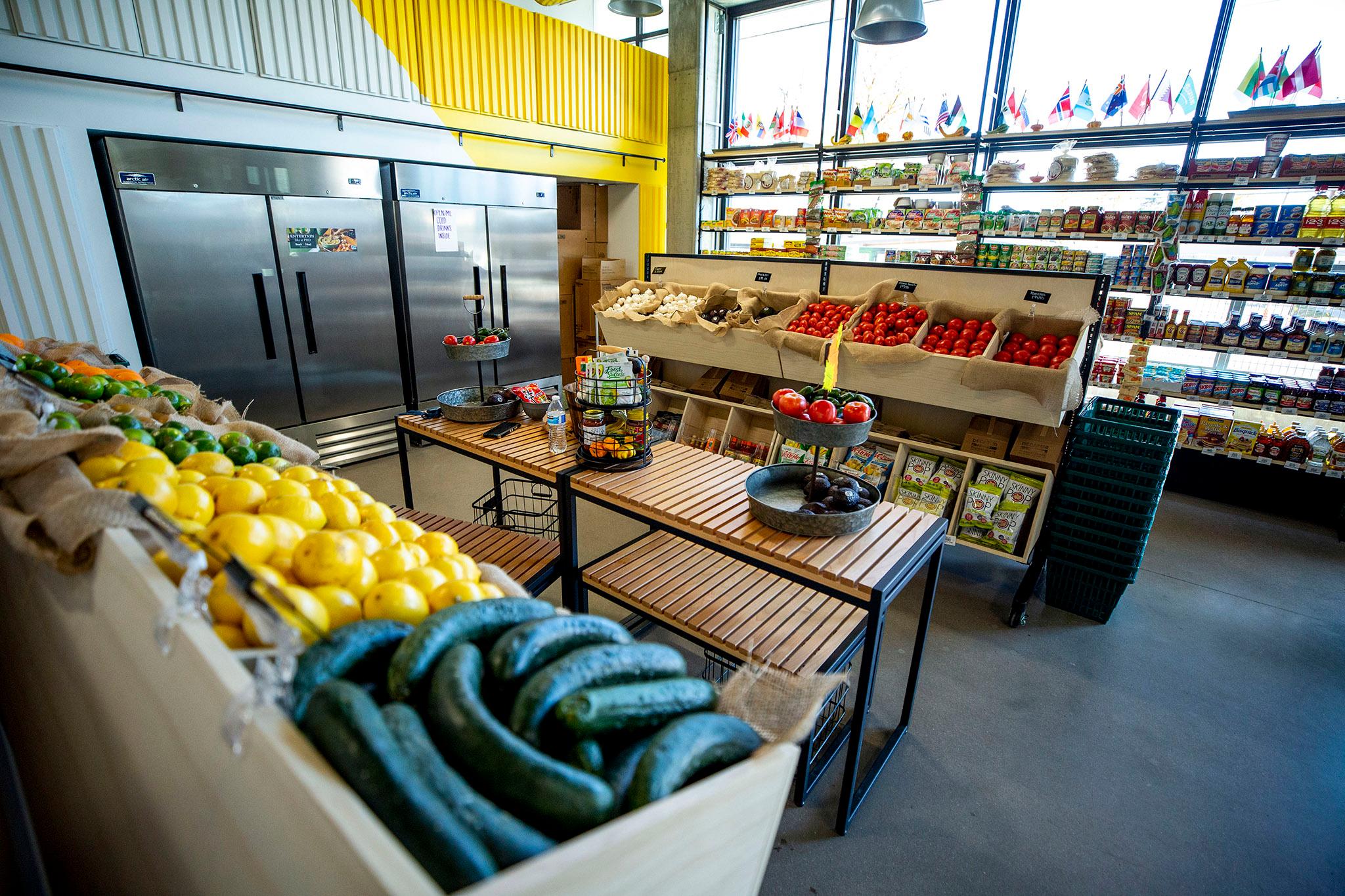
Andrea Leo opened Sun Market in July 2021. She lives in the area and said she got the idea during the lockdowns because, for one, the neighborhood needed a small and convenient store and, two, she needed a job.
Leo said some things have been in low supply, like heavy cream. But since the store is small, she can search for other distributors, something big chains can't do.
Since opening, Leo said business has been slowly growing, especially as more neighbors remember that the store exists. She said she hopes more people see the value in local stores and change their shopping habits.
"People come in the store and say they love it, but then they find themselves at Safeway and they say,' Oh, I should've gone to Sun Market,'" Leo said, laughing. "You're going to have a better experience at a small store. It's a lot easier to park. There's no long lines. You don't have to fight over shopping carts. It's just more convenient."
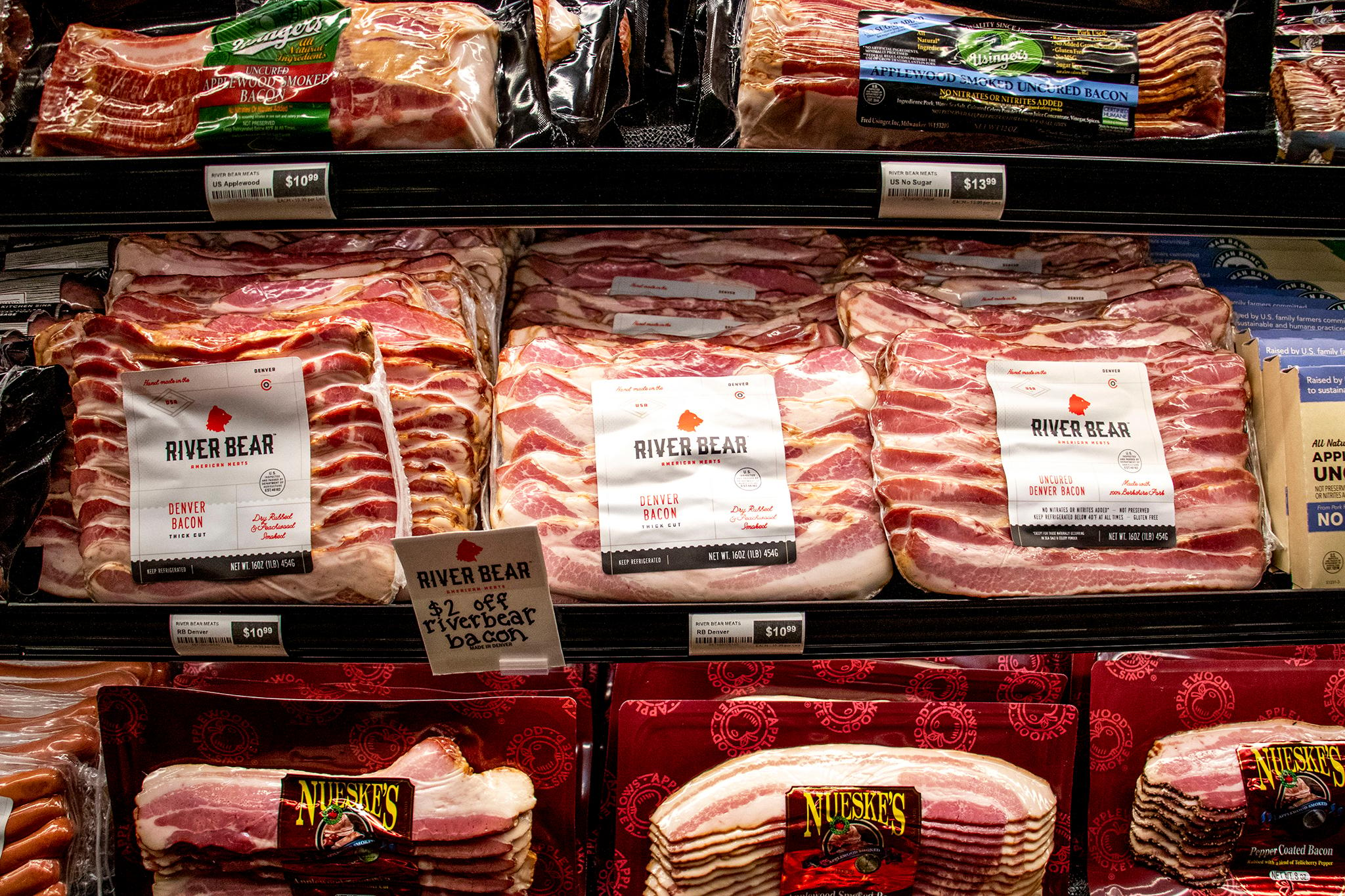
Inspired by the King Soopers strike, Furtado created a Google Map list of all the food retailers in Denver and surrounding areas. The list includes stores like Leevers Locavore in Highland and Pacific Ocean Marketplace in Athmar Park. Now that the strike is over, she's hoping people continue to use the map for the sake of the smaller stores.
"Little shops have all the necessities, but people would pass them by because they are heading to stores they know the name of," Furtado said. "Everyone's so ingrained in their routine, and shopping at chains is a habit. We have a lot of local companies, and I just wanted to connect people with them."
